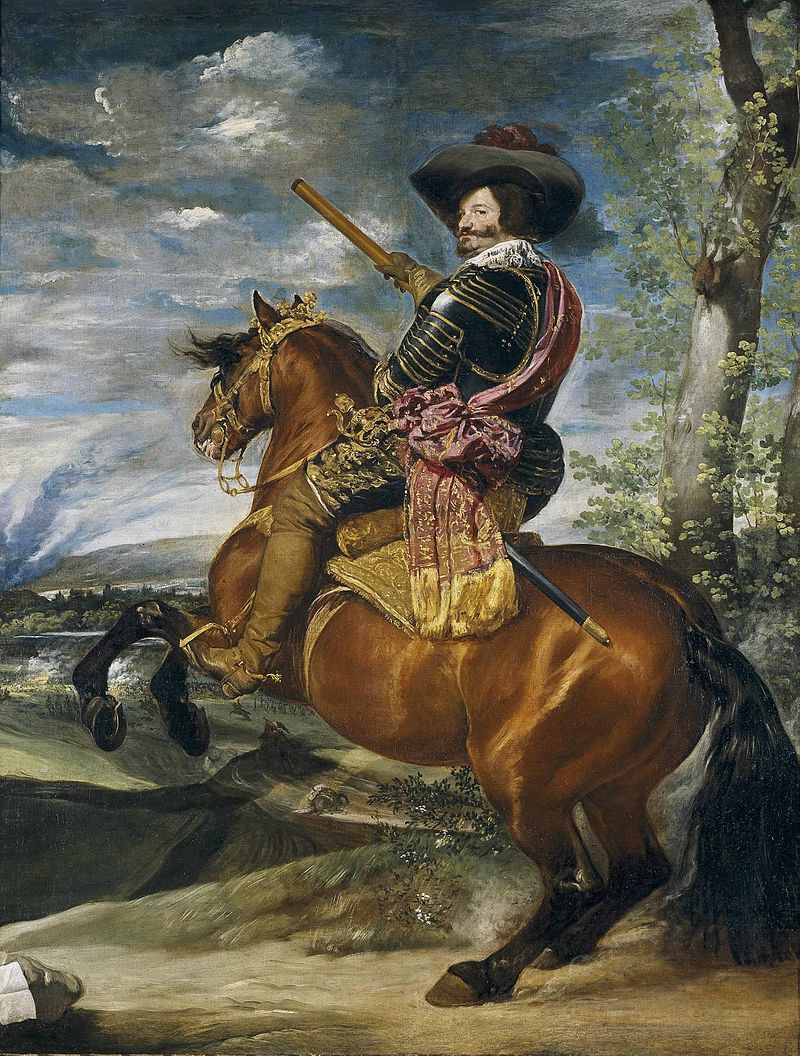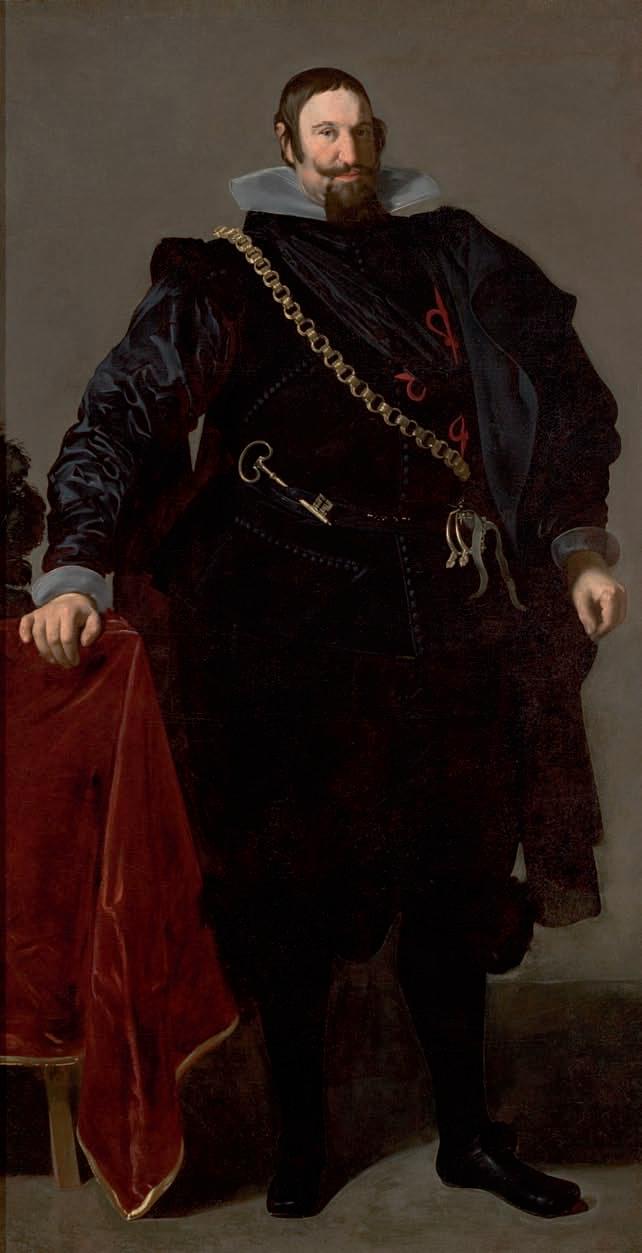Vita Sackville-West and the Bloomsbury Group as a whole have sufficient literary-historical pedigree to demand their own study, so I shall not attempt to summarise anything about them here. The Eagle and the Dove is a study of both St Teresa of Avila and St Therese of Lisieux. I knew little about either going into this, but this was a pleasant enough read: a popular history, first written in 1943. I suspect that a modern equivalent on the same subject would be rather less palatable to me.
At any rate, I found it moderately engaging (and I have some interest in British reactions to Catholicism...). But the true prize came in passages like this:
This is central Spain, no country of sunny patios, fountains and orange-blossom, but a dour and ascetic land where the men go wrapped in cloaks, a corner thrown across the shoulder, so muffled that, with the hat pulled down over the eyes, the fine and bony features are almost hidden; a land where honour is of fierce importance, the quarrel quick and mortal. It is a common and conventional error to regard all Spain as the gay land of romance and song. Excessive and without compassion, the spirit of El Greco's Toledo in its lurid storm comers closer to the tortured intemperance of a fanatical people. Spain, in some aspects, is terrible, not soft, not pretty. Castile, not only geologically, is made of granite. Northern though it is, there are no mists here, no softening of the naked ashen plains, but a clear light relentlessly discouraging dreams and fallacies, and leaving only the realistic truth as these people see it. Their imagination runs along the same stern lines - the polished lance-like imagination of an honourable chivalry. Don Quixote rides these plains on a gaunt horse. He may be an idealist, but realism always keeps him company. It is impossible to lose the consciousness of strife in this country where a gritty dust stings the eyes in winter or a shadowless sun burns the hands on the reins in summer, as to remain without the enlargement of the spirit begotten of all desolate places.
Now, there is something of the stereotype in this: not just the denial of a romantic Spain, but in the invocation of a the 'quick-blooded Latin' and the superfluous mention of Don Quixote. The Spanish Inquisition and the treatment of Jews and Moors does not go unmentioned, though it does not occupy the foreground of the book. I would not like to comment on Sackville-West's knowledge of Spain, or if the Spain of Franco and the Civil War was in her mind whilst writing this. My own knowledge of Castile, let along Spain as a whole is limited and as much through literature as experience.
However, I still found this quite a nice descriptive passage, evocative of bottom-up historical considerations and daily experience - and an explicit counter to the Spain of Philip II, the Armada, the Count-Duke of Oliveres and Velazquez at the Royal Court.
 |
| Equestrian Portrait of the Count-Duke of Oliveres, by Diego Velazquez Found here. |
Asceticism, not indulgence was again the note, as asceticism compounded of soldierly honour and religious intensity, a mixture of sobriety and excess, severity and pride. There was the background of high deeds, celebrated in romance, a romance not dressed in silks and velvets but leather and chainmail. There were stone floors and thick walls, all grey; and between the battlements the views opened over the grey plains where a convoy of waggons slowly crawled or a messenger rode swathed and huddled on his mule.
 |
| Clearly an ascetic. This is Olivares by Velazquez again, found here. |

That may well be an accurate characterization of the landlocked provinces of the central Meseta plain -- Castile, Leon and Estremadura. I know Spain as several different and tenuously joined countries.
ReplyDeleteThe Atlantic coast has an incredibly different climate and topography to the rest of Spain, and hosts the singular cultures of Galician Celts and Basques. The Asturians are Castilian speaking but also shaped by that terroir.
Images of Andalucia perhaps inspired Vita's "romance and song" remark, though the true regional impulse is to celebrate exuberant passions against a backdrop of tragic fate.
At the opposite corner of the Med coast we find industrious, earthy, and slightly mad Catalonia. Caught between there and Andalucia, both in geography and culture, the Valencian region suffers a kind of identity crisis. This, I firmly believe, renders it susceptible to the kind of British expats who prefer their Spanish experience as unchallenging as possible.